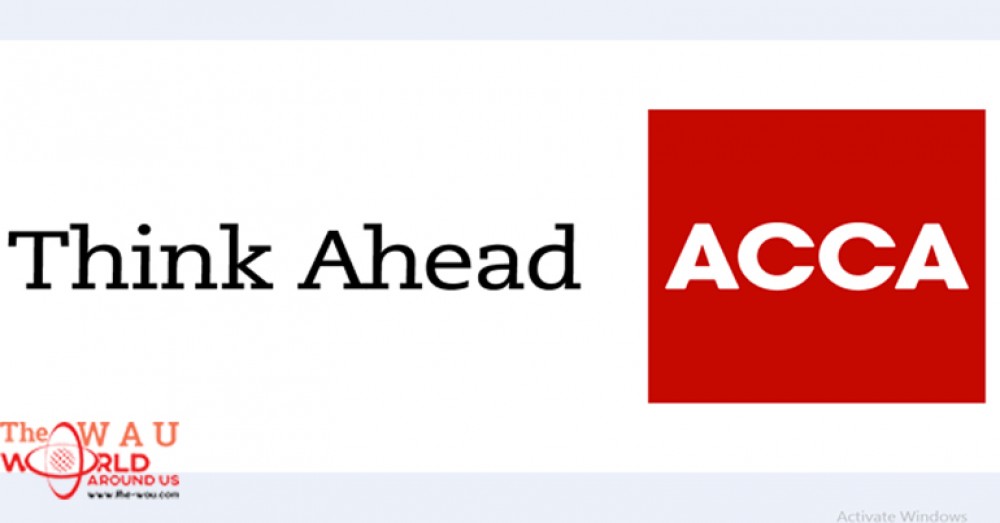The global economic recovery that started in late 2016 is starting to slow down and lose momentum, with global confidence in Q2 dipping from its Q1 high, finds the latest edition of ACCA (the Association of Chartered Certified Accountants) and IMA Global Economic Conditions survey.
Although it remains high by recent standards, the slight fall in confidence reflects increasing fears of a trade war between the US and China. This continues to effect global outlook, with China’s economic sentiment falling sharply.
Despite this, across the Middle East and in the UAE, confidence rebounded further in the second quarter of the year and is now at its highest level since Q2 2015.
The key factor behind the recovery in confidence is the sharp rise in the oil price, which peaked at US$80 per barrel in late May, compared with a low of just US$35 per barrel at the start of 2016. This has resulted in an increase in revenues coupled with the introduction of VAT in the UAE and Saudi Arabia, which has led to an ease in fiscal austerity.
Lindsay Degouve de Nuncques, Head of ACCA Middle East states ‘The economic outlook across the Middle East and the UAE will continue to be driven mostly by the oil price and changes in fiscal policy. The recent OPEC deal, which was agreed in late June and saw member countries agree to raise production, is likely to depress prices over the coming months, however with VAT being introduced across the GCC (with the UAE and KSA live), it will relieve the pressure that was once felt prior to this fiscal policy being introduced, which will continue to provide economic relief and reduce further oil price dependency on economic growth.’
Lindsaycontinues: ‘It’s good to see the improvement in confidence across the Middle East region, and while oil prices are a key factor behind this, expenditure for the 2020 World Expo in Dubai has also helped, along with an easing of austerity, but this diverse region is not immune from global economic shocks and therefore it is advisable that businesses should not be complacent.’
HanadiKhalife, Director, MEA and India operations at IMA commented: “The results of the survey show increasing business confidence in the Middle East which has been stimulated by continued investments made across a number of key industries. This falls in line with the objectives set by governments to achieve long-term regional plans such as UAE Vision 2021 and Saudi Vision 2030. The report shows thatgovernment spending is at a multi-year high and this is particularly focused on diversifying regional economies and driving sustainable economic development.”
When looking at global economic confidence Narayanan Vaidyanathan, head of business insights at ACCA states‘The net dip in global confidence levels reflects factors such as fears of US-China trade wars more than compensating for other factors such as low employment and tax cuts in the US. The dip was seen both in OECD and non-OECD countries, though confidence in both groups remains relatively high by historical standards.’
The introduction of a value-added tax at the start of 2018 in the UAE has pushed up inflation, which will weigh on growth by depressing consumers’ purchasing power. Higher interest rates in the US will also drag on prospects. Because the UAE’s exchange rate is pegged to the US dollar, local interest rates closely track those in the US. The US Federal Reserve has raised rates twice this year already, and is likely to raise them by more over the coming quarters.
Looking ahead, ACCA and IMA’s research shows the outlook for the global economy remains positive; despite signs that economic growth, in some key parts of the world’s economy has slowed since reaching a peak in the second half of 2017. The report concludes that while the global economy is likely to remain pretty strong over the next year, a modest slowdown is likely.
Share This Post















